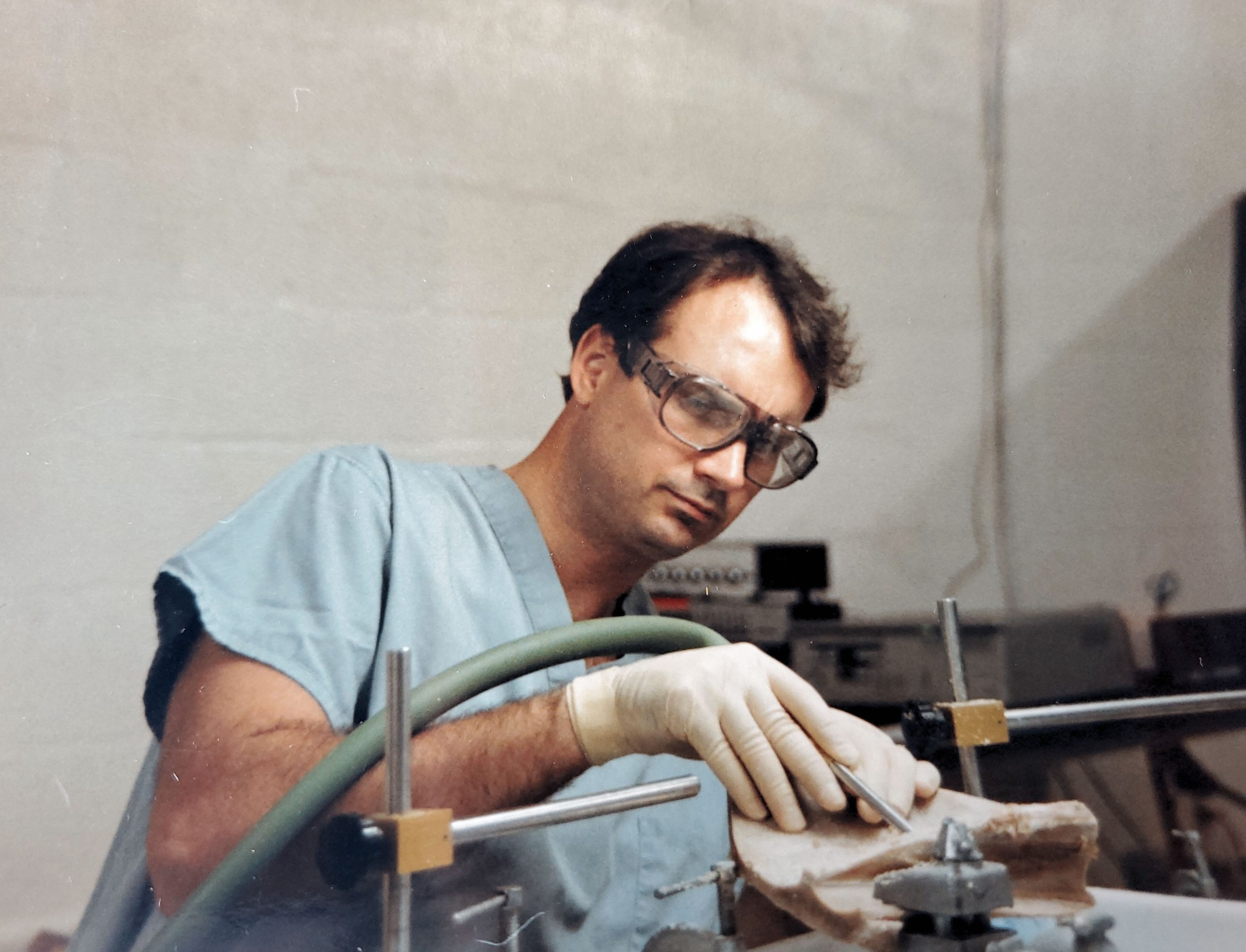
Most people are impressed to learn that I was a neurosurgeon before becoming a psychiatrist. When I was a medical student, I found the workings of the brain to be quite interesting enough. I chose to specialize in it, and the idea of doing a particularly difficult and lengthy residency in neurosurgery was not a problem for me. I knew I would finish by the time I was 30 years old.
About a year after I started practicing neurosurgery, a close friend recommended that I see a psychologist. She saw that I was struggling. The issues I had with my father were very much like the issues she had had with her mother, and she said that therapy had really helped her to get her head straight.
I saw Al for about a year, and it was about 3 months into it that he taught me one of the most valuable lessons I have ever learned. I had grown up as the oldest of three sons, in a very small town in which my father was the only doctor. Mom and Dad prided themselves on being two of the three college graduates in town, and the pressure was on me to be a high achiever as well. My father was a very good father for the most part and was a well-respected physician, but then he had several drinks every night. He often became a raging alcoholic, viciously critical of anyone and everyone. Sometimes my mother would have to close the kitchen window so our neighbors would not hear the ranting. I grew up in that environment.
